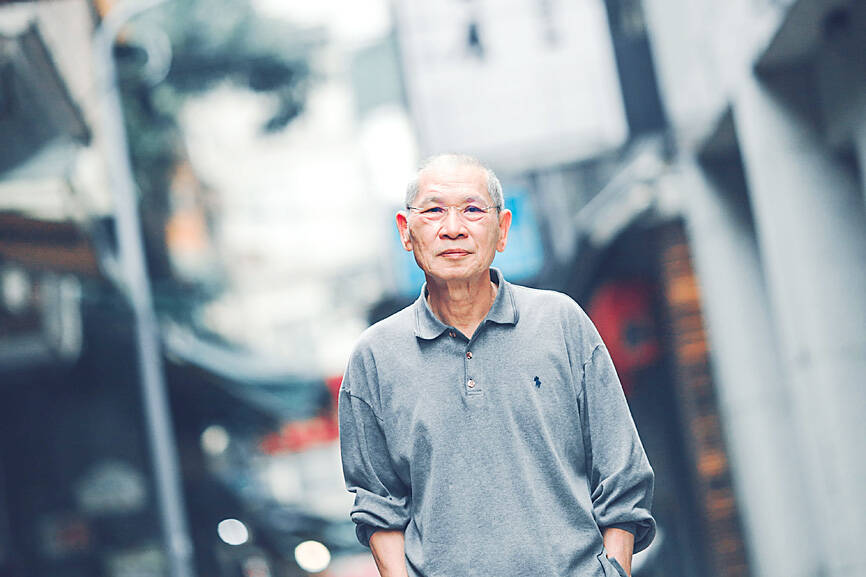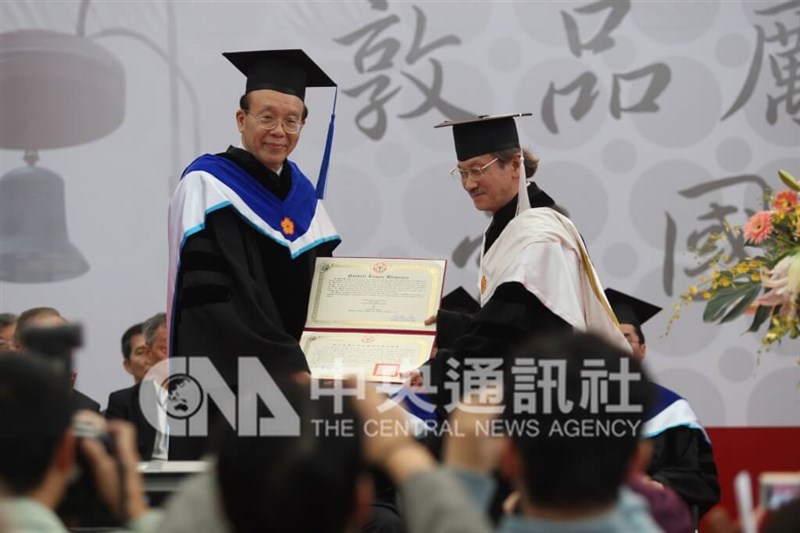Source: Taipei Times (11/4/23)
‘Book of Wreckage’ wins top prize
PAINFUL MEMORIES: This year’s TLA winner was chosen for its depiction of the White Terror era. It was also the first time New Bud recipients won Golden Book Awards
By Staff Writer, with CNA
The National Museum of Taiwan Literature on Monday announced the winners of the Taiwan Literature Awards (TLA) for Books, with the top prize going to The Book of Wreckage (殘骸書) by Chen Lieh (陳列).

Taiwan Literature Awards for Books prize winner Chen Lieh, author of The Book of Wreckage, is pictured in an undated photograph. Photo courtesy of Ink Publishing
Chen’s work of prose won the 2023 TLA Annual Golden Grand Laurel Award along with NT$1 million (US$30,957) in prize money after it sailed past 190 other submissions, the annual award’s organizing museum said in a statement.
Chen subtly and deftly depicted the suffering and humiliation that has stayed mostly buried while invoking memories and reflection of the White Terror era, using “plain and complex language to revisit history and his personal experiences,” the statement said.
Chen was sentenced to prison in 1972 for political crimes and spent four years and eight months behind bars.
The book won support from the majority of the judges, who touted Chen’s work as “not only bearing witness to an era, but also set to stun readers from future generations.”
Seven other works were awarded the TLA Golden Book Award, including Bullets are the Remaining Life (子彈是餘生) by Tsao Sheng-hao (曹盛濠, or his pen name, “寺偉哲也”), The Lost River (沒口之河) by Huang Han-yau (黃瀚嶢), and Late Night Patrol of the Abandoned God (夜觀巡場 Ia-kuan Sun-tiunn) by Tiunn Ka-siong (張嘉祥).
The other winners of the Golden Book Award were Brother (弟弟) by Chan Wai-yee (陳偉儀, or her pen name, “陳慧”), Here’s to Us, Bottoms Up (我隨意,你盡量) by Ong Chiau-hoa (王昭華), Mooyi (魔以) by Chen Shu-yao (陳淑瑤) and Eyelids of Morning (鱷眼晨曦) by Zhang Guixing (張貴興). Continue reading





 With all the talk in recent months in China of “
With all the talk in recent months in China of “




